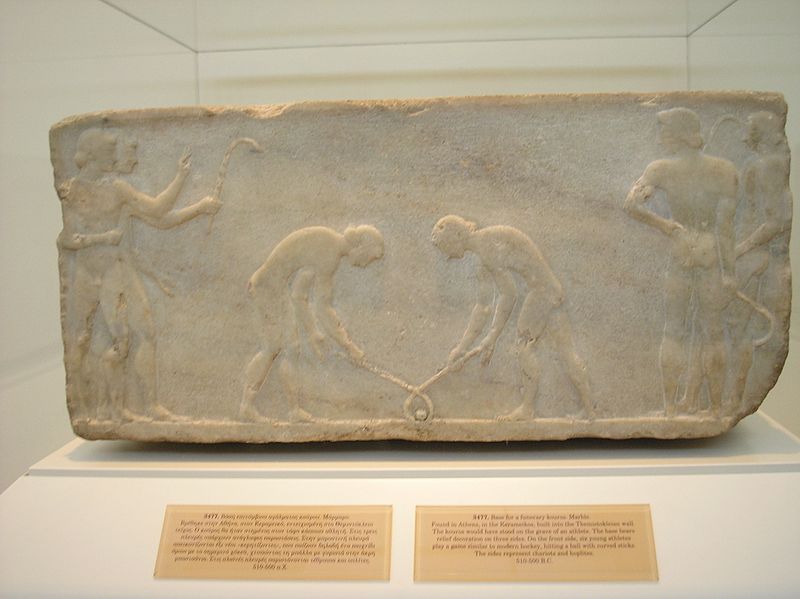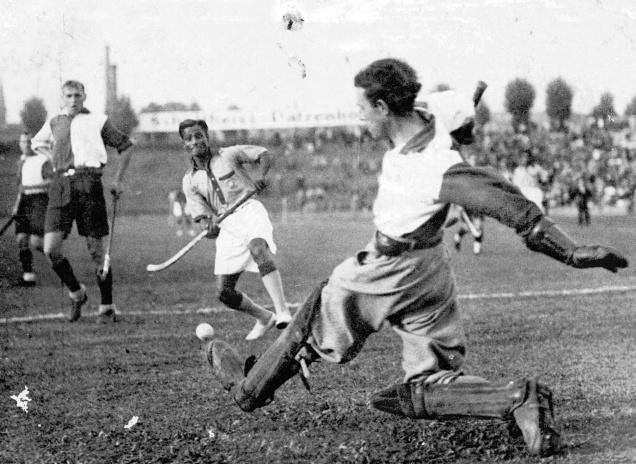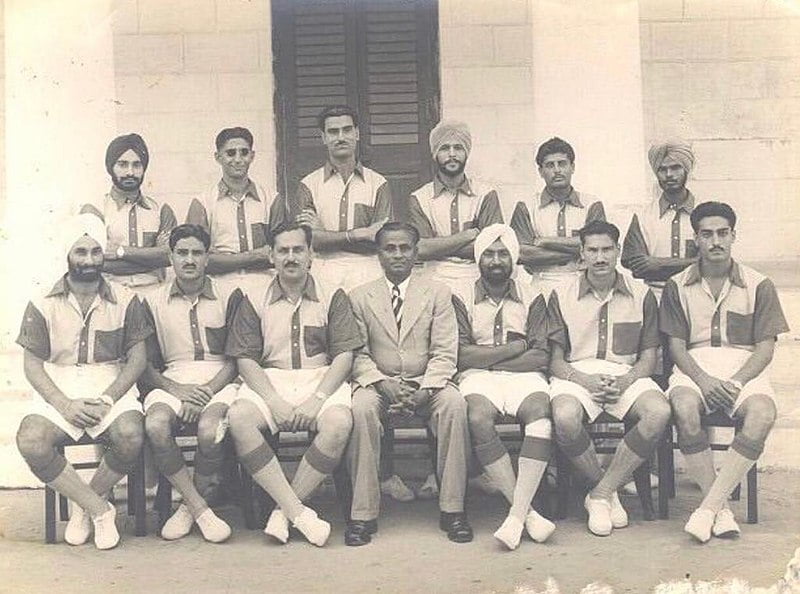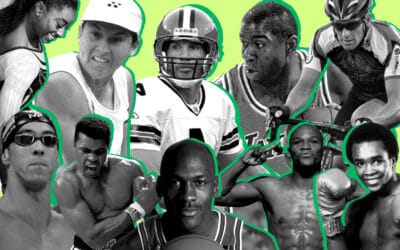How did Hockey come to India? Before Indians started painting their faces and dancing on the streets in honor of the cricket team wins, before the world cups that either made or broke the spirit of an Indian, we had a different sport that just did the same. We still do have the sport, but not the same spirit.
India’s national sport was once the only sport that the country cared about. Yet, even the biggest sports enthusiast you know (or even you) wouldn’t have uttered ‘Hockey’ in the longest time.
How did Hockey go from ‘cricket status’ to a largely neglected game? To answer that, let’s look at how and when the sport came into existence.
Origin of Hockey
Hockey, as we know it, came into existence rather recently. However, there is evidence that dates as far back as 2000 BC! They are carvings that depict games being played with sticks and a ball-like object.
Ancient Egyptian carvings show the earliest and simplest version of the sport where teams used curved sticks to hit the ball. Other evidence comes from Ancient Greek, Ireland and Scotland suggesting the same.

The game has now evolved into field-hockey, ice-hockey, rink-hockey, roller-hockey and floor-hockey, all developed and with its own rules and regulations, played in different parts of the globe.
However, the clear-cut origin of the game still remains unknown save the few ancient carvings. But we do know how Hockey came to India.
The Advent of Hockey in India
Just like cricket, hockey was yet another sport that was brought to us by British rulers. Between the 17th and 18th century, the sport was introduced as a popular school game.
With developed rules, the game made its way to everywhere in the world that was under the control of the British Empire as a leisure sport for the officers. In the 1850s, the British Army introduced the sport to India.
Owing to the availability of large fields and minimal equipment, it became the go-to sport for children and young adults in the country. 1855 saw the opening of the first Hockey club in India, in Kolkata.
Ever since, tournaments were held in both Kolkata and Mumbai, bringing more popularity to the game. While discussions of forming a hockey association were held in 1907 and 1908. However, the fruition of the plan only came in 1925 with the birth of the Indian Hockey Federation (IHF).
Olympic Legacy
In1926, the Indian hockey team played their first international game in New Zealand, where they won 18 out of 21 games! With players like Dhyan Chand, there was no doubt that India were giants in Hockey right from the start.
Thanks to the International Hockey Federation (FIH), the sport became a permanent addition to the Olympics. As the IFH joined the FIH 1927, the Indian team had its debut match in the Amsterdam Olympics in 1928.
Winning a gold medal in their very first olympics was only the beginning of what would blow the minds of all hockey players and enthusiasts across the globe for years to come.

The team had 6 consecutive wins ever since, winning gold at all the Olympics until 1956 in Melbourne. The opposite teams had no chance of winning as India had a massive score difference every time, many a times defeating their opponents with not even a single goal to their name!
Pakistan’s victory over India in the 1960 Olympics in Rome denoted the first Olympic victory of the former and the first loss of the latter. Though India reclaimed the gold title in 1966 Asian Games (after two silvers in the same), it was evident that the team wasn’t as strong as before.
Conclusion
With the gaining popularity of Cricket and lower support for Hockey, the national sport became almost forgotten in the country. While the sport has seen strong players and commendable victories over the years, the spirit that the game once had among Indians has largely been unfounded.
The last world cup win for India was in 1975. This was followed by several victories in the Asian Games and Asian Cup. However, the team still holds 83 wins out of 134 matches played. The Indian team still remains to be the most successful team in Olympic history.
Read: A Brief History of Cricket




